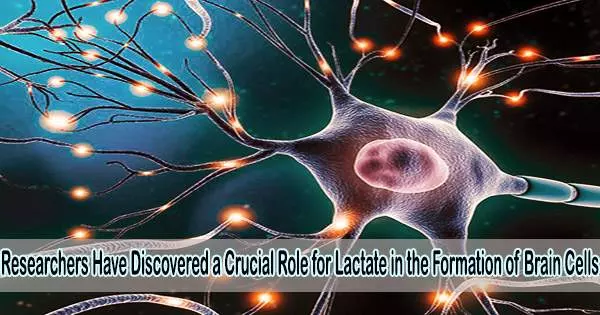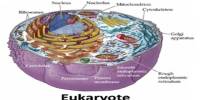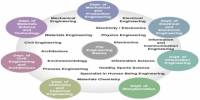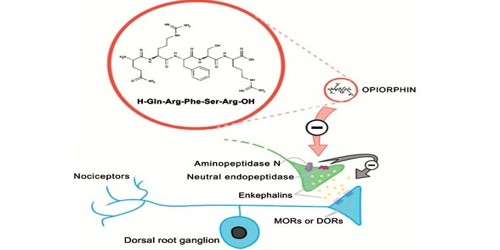Neuronal differentiation is the process through which neural stem cells transform into specific types of neurons, as found by researchers at Tohoku University. They also discovered a mechanism by which lactate communicates with cells, modifying and enhancing neural functioning.
Details of their study were reported in the Journal of Biological Chemistry.
Lactate is a byproduct of exercise and metabolism. When cells’ oxygen supply is reduced, glucose is transformed into lactate, which provides the brain with a source of energy. The major role lactate plays in brain development and neuronal differentiation is highlighted by the rise in lactate levels in fetal brains starting in the middle stage of gestation.
Recent research has shown that lactate is an essential part of our nervous system. They have demonstrated that lactate plays a crucial role as a nervous system signaling molecule and that lactate metabolism plays a role in neuronal activities like neuroplasticity and memory consolidation.
Our findings provide a novel insight into the mechanisms by which exercise-induced high serum lactate levels may beneficially affect the nervous system. Furthermore, since the changes in lactate levels caused by human exercise can be measured, the adaptational changes in the brain function such as cognition and memory function can be better understood when changes in the lactate level is considered.
Professor Ryoichi Nagatomi
However, the function of lactate signaling in neuronal cells has remained unknown up to this point.
“Given the growing evidence that shows lactate providing signal-regulatory functions in various cell types under physiological and pathological conditions, we hypothesized that lactate affects neuronal function through changing comprehensive gene expression,” says Professor Ryoichi Nagatomi from Tohoku University’s Graduate School of Biomedical Engineering and leader of the research team along with Ph.D. student Yidan Xu and Associate Professor Joji Kusuyama from Tokyo Medical and Dental University.
When NDRG3, a protein previously found to mediate gene regulation when lactate is present, was taken out of neuroblastoma cell SH-SY5Y, the researchers tested their theory by looking at the gene regulation of cells treated with lactate.
They discovered that lactate supports neuronal differentiation in both NDRG3-dependent and NDRG3-independent ways. Additionally, they identified that two specific transcription factors, TEAD1 and ELF4, are controlled by both lactate and NDRG3 during neuronal differentiation.
Nagatomi and his team believe their findings not only further basic knowledge of lactate, but could serve as a basis for harnessing lactate signaling for encouraging exercise or designing drugs as a way to prevent or control cognitive diseases. “Our findings provide a novel insight into the mechanisms by which exercise-induced high serum lactate levels may beneficially affect the nervous system.”
“Furthermore, since the changes in lactate levels caused by human exercise can be measured, the adaptational changes in the brain function such as cognition and memory function can be better understood when changes in the lactate level is considered,” Nagatomi says.
The team wants to learn more about how lactate regulates the growth of neurons in the brain in the future.
















